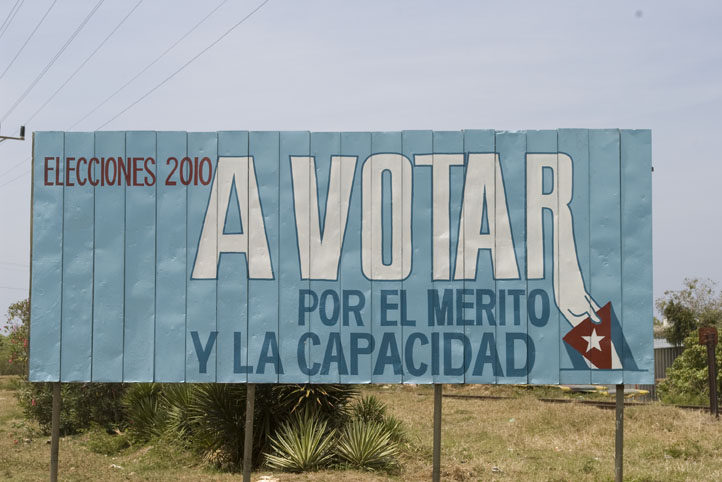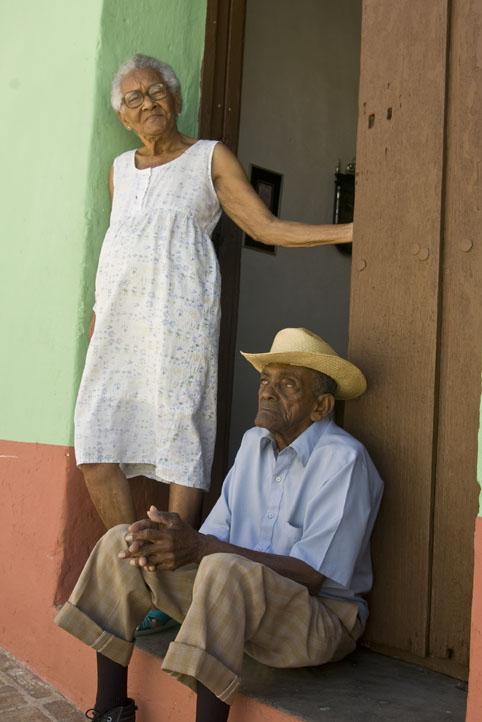Confession time: I loved True Grit. It may mark the first time I felt moved by a Coen Bros. film. I’ve often laughed, been disturbed, and have been impressed by Joel and Ethan Coen’s ever broadening cinematic vision, butTrue Grit got to me. Maybe it’s the ‘road movie’ escapades of a 14 year-old character named Mattie Ross with vengeance in her heart (played brilliantly by Hailee Steinfeld), her horse, the grizzled gun-slinging Rooster Cogburn (Jeff Bridges, unparalleled as usual) and a sometimes comic performance by the versatile Matt Damon as a Texas Ranger that worked so well for me.
The film is both a classic John Ford western with beautiful scenery, great sets and some well-filmed action (wait for the sight of Mattie Ross attempting to cross a very wide, fast moving river on her horse); but it’s also an ‘acid’ western in the tradition of Arthur Penn’s The Missouri Breaks, or perhaps even more, Jim Jarmusch’s Dead Man, in that it subverts the ‘western’ genre while augmenting it.
It’s also a re-make. None other than John Wayne won Oscar for his portrayal of Rooster Cogburn in a 1978 True Grit. Both films are based on source material by the novelist Charles Portis.
Here’s my dilemma: the protagonists, under the urging of the wannabe vengeful angel Mattie, head off into “Indian Territory”. A problem arises in a film that otherwise complicates many iconic ‘western’ approaches: with the exception of a few children who are swatted around by Rooster, there appear to be no Indians in ‘the Territory’. While I am unfamiliar with Portis’ novel, the absence of Indian characters seems odd. I’m uncomfortable offering such a critique, that could fairly be considered awkwardly ‘politically correct’, because the Coen brothers have made a fabulously entertaining film. Still I wonder about that scripting choice.
Allow me to now make a partial Oscar assessment. Bear in mind that I have yet to see 127 Hours, Inception or The Fighter. Having stated that caveat: I say it’s a toss up between Black Swan and True Grit for best film. The King’s Speech is lovely, but very mainstream. And, as I have written earlier in this space, The Social Network struck me as an MOW worthy, shallow caricature that does not belong in the same conversation.
I’m off next to see Montreal director Denis Villeneuve’s, Incendies, Canada’s entry in the Best Foreign Language film category.





